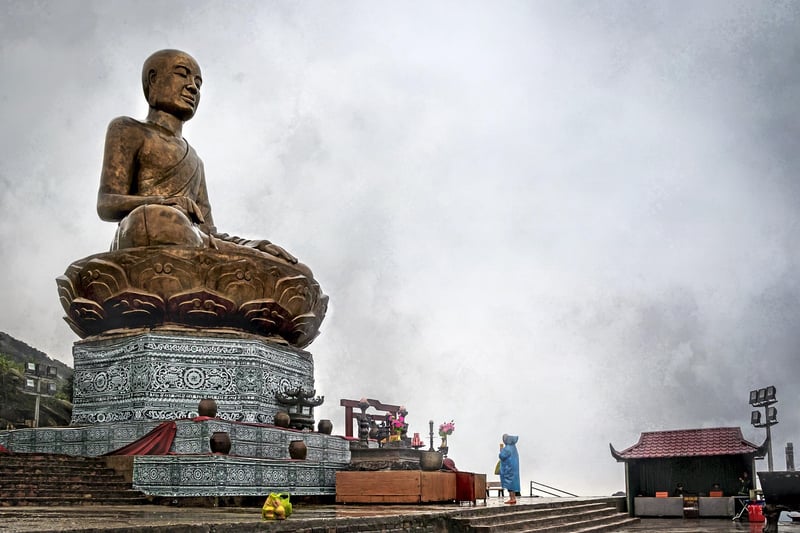Altered Histories
The Risks and Consequences of Altered Histories
History is a delicate thread that weaves the fabric of our present and future. When altered, it can have far-reaching consequences that impact not only the course of events but also our understanding of the world. Let's explore the risks associated with tampering with history and the potential consequences that may arise.
Risks of Altering History
1. Loss of Authenticity: Changing historical events can lead to a distortion of the truth, blurring the lines between fact and fiction.
2. Cultural Misrepresentation: Altered histories may perpetuate stereotypes or erase the contributions of certain groups, leading to a skewed cultural narrative.
3. Butterfly Effect: Modifying one event in history can have unforeseen consequences that ripple through time, altering the course of future events.
4. Ethical Concerns: Manipulating historical records raises ethical questions about the preservation of truth and the integrity of knowledge.
Consequences of Altered Histories
1. Loss of Identity: When history is rewritten, individuals and communities may lose a sense of their true identity and heritage.
2. Misunderstanding and Confusion: Inaccurate historical accounts can lead to misunderstandings and confusion about past events, shaping present-day beliefs and actions.
3. Political Manipulation: Altered histories can be used as tools for political agendas, influencing public opinion and shaping policies based on falsified information.
4. Social Division: Distorted historical narratives can sow seeds of division among different groups, perpetuating conflicts and deepening societal rifts.
Conclusion
It is essential to preserve the integrity of history and safeguard the truth for future generations. By understanding the risks and consequences of altered histories, we can appreciate the value of authenticity and accuracy in shaping our collective narrative.

Explore more about the importance of preserving history here.
